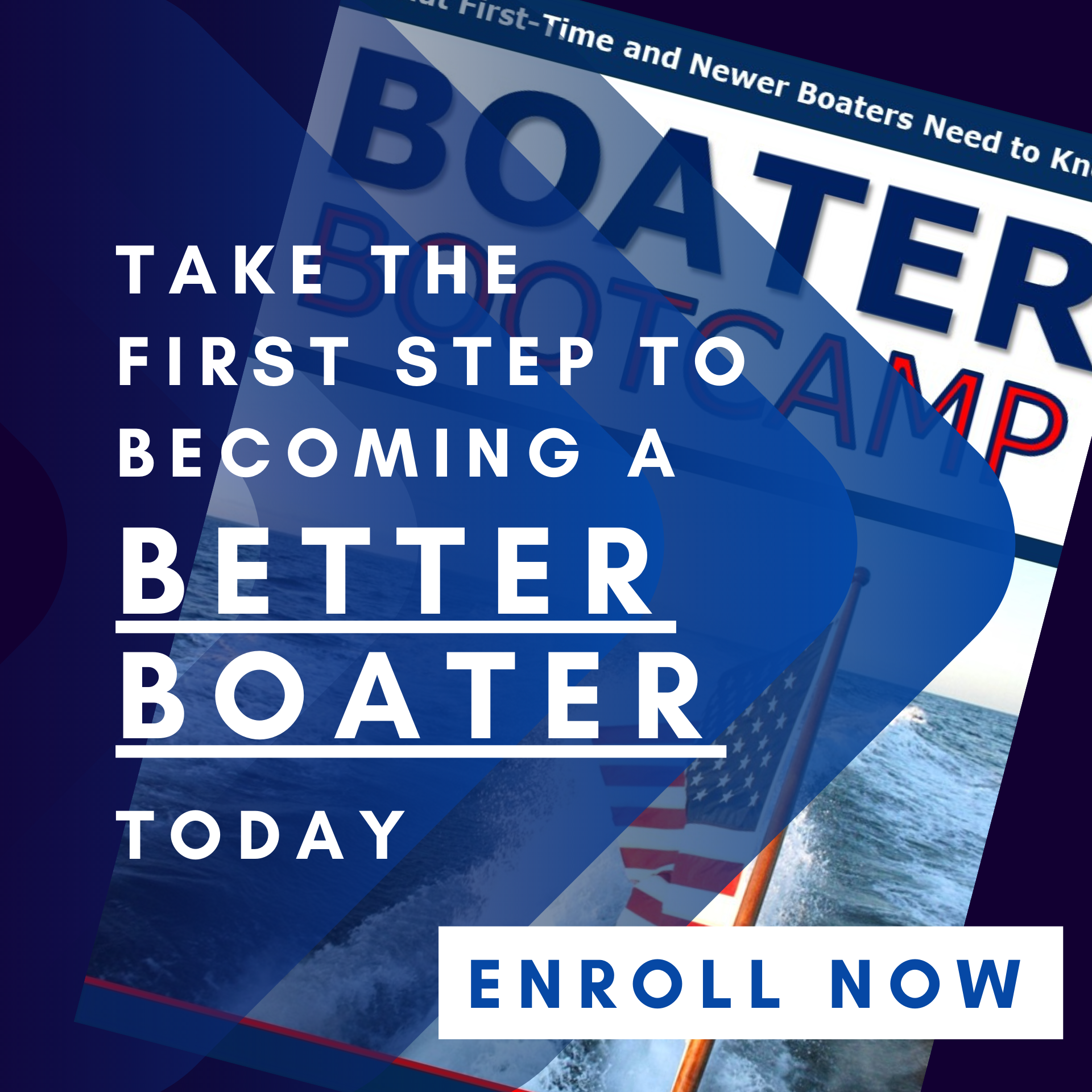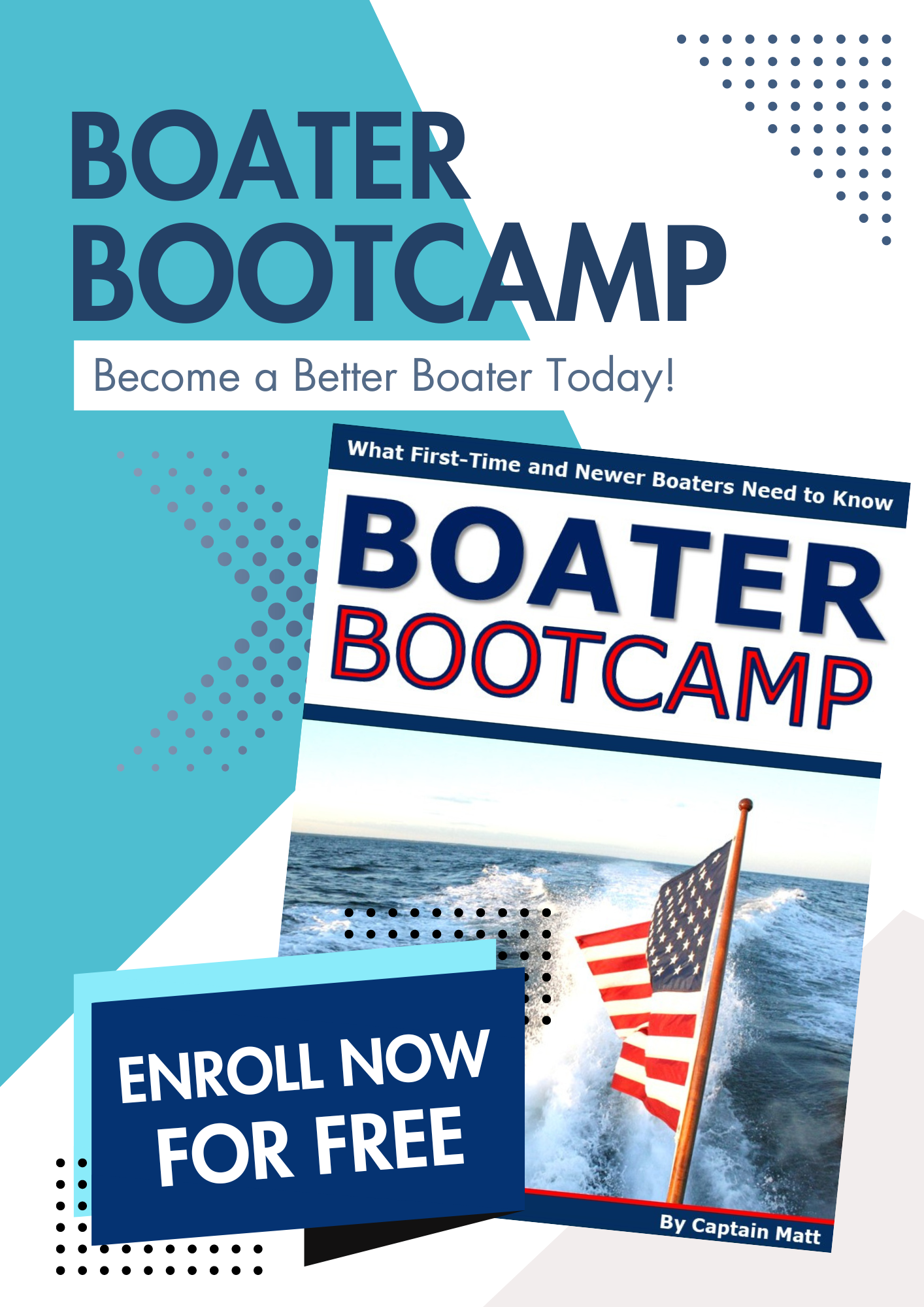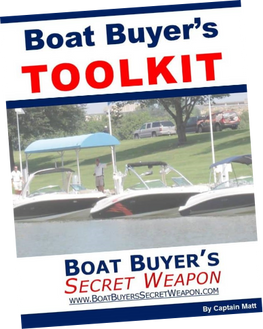In the video, Captain Matt talks about the useful life of boat engines and how it varies depending on the type of engine and its usage. He focuses on pleasure boaters and commercial boats, noting that commercial boats typically get more consistent use and maintenance, leading to longer engine life.
For outboard, inboard, and stern drive engines, the useful life is around 1000 to 1500 hours. For jet drive engines, it's about 1000 hours, and for diesel engines, it's between 5000 and 20,000 hours depending on various factors.
Factors that impact the useful life of an engine include the consistency of usage, quality of maintenance, whether the boat was used in saltwater or freshwater, and the load factor or weight it was pushing. Engines that were consistently used and maintained well will have a longer life. Saltwater use can shorten the lifespan of an engine due to corrosion. The heavier the load an engine was pushing, the more strain it was under, and the shorter its life will be.
Captain Matt notes that the average hours on a boat are around 50 hours for inland freshwater boaters, 200 hours for wake surfers, and more for serious fishermen or those using their boat for extended periods. He advises looking for maintenance records and inspecting the engine before purchasing a used boat.
Captain Matt recommends using his free tool kit, which includes questions to ask and everything you need to know before purchasing a new or used boat. He concludes by emphasizing the importance of consistent use and maintenance to extend the life of a boat engine.
=======================================================
If You're Buying A Boat And Want To Ensure You Don't Pay Too Much, Check Out The Boat Buyer's Academy And The Magic Money Saving Method. It'll Save You Hundreds, Likely Thousands And Maybe Even More!

















